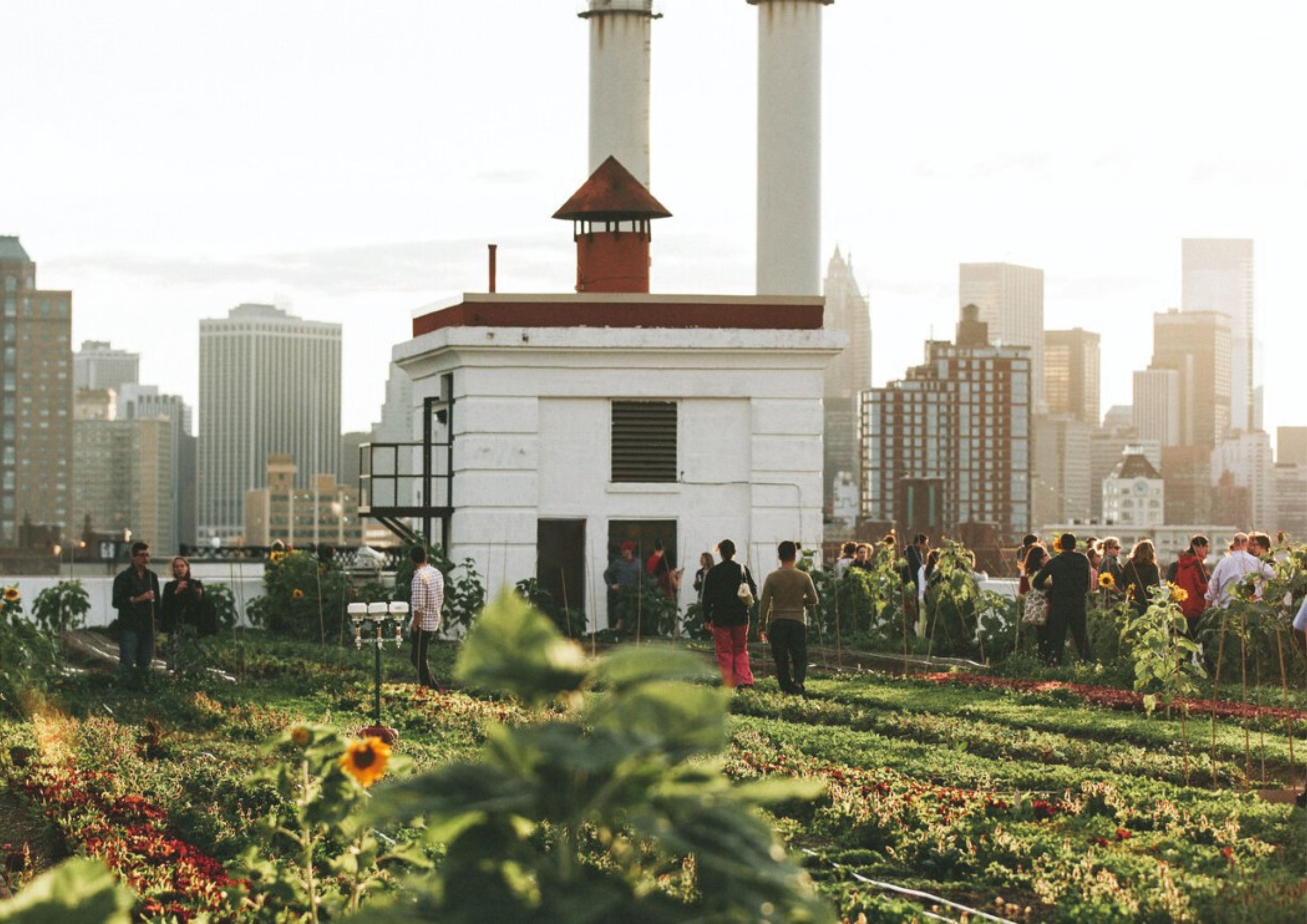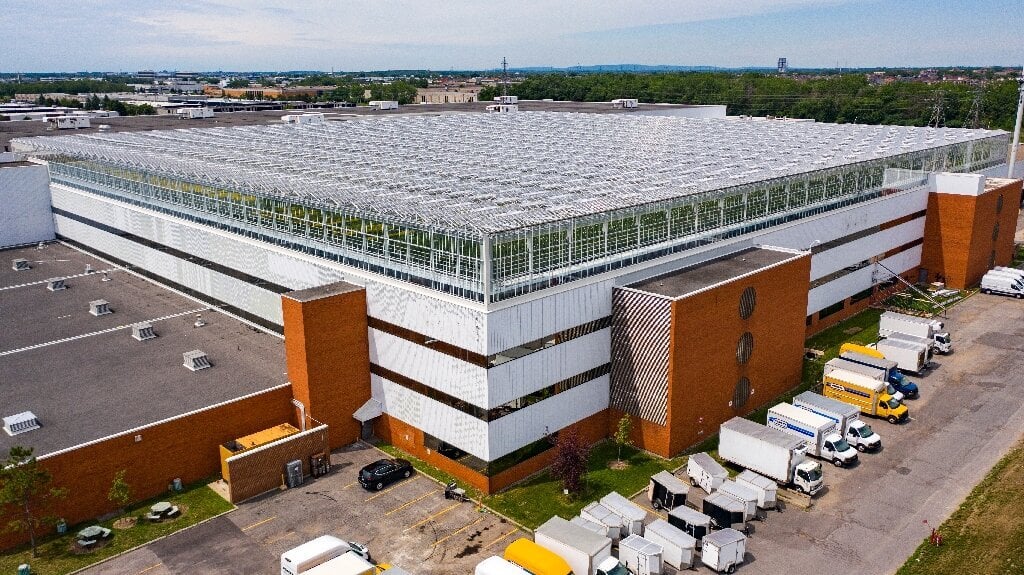Exploring Niche Case Studies on Sustainability Practices Among Urban Farming Startups
Meta Description: Delve into the innovative sustainability practices among urban farming startups through real case studies. Learn about their contributions to sustainability, community resilience, and how they surmount challenges to thrive in urban environments.
Urban farming is becoming a beacon of hope in the quest for sustainable living amidst rapidly growing cities. The unique intersection of innovative agricultural practices and urban environments cultivates not only fresh produce but also community well-being and ecological resilience. In this blog, we will explore niche case studies on sustainability practices employed by urban farming startups, highlighting their impact on local communities and the environment.
My name is László Varga, a sustainability consultant with over 6 years of experience in the field. I have helped numerous organizations optimize sustainable practices to enhance their community outreach and environmental impact.
The Importance of Urban Farming for Sustainability
The quest for sustainability has never been more critical than in our modern world, where climate change, food insecurity, and urbanization create urgent challenges. Urban farming offers a solution by fostering local food systems, promoting biodiversity, and reducing greenhouse gas emissions associated with transporting food.
Case Studies of Successful Urban Farming Startups
Brooklyn Grange: As one of the pioneers in urban farming, Brooklyn Grange operates the world’s largest rooftop soil farm. By utilizing unused rooftop spaces, they grow organic vegetables and herbs while employing sustainable farming practices such as integrated pest management. Their impact extends to the local economy, supporting community health and wellness during collaborations with Brooklyn-based restaurants.

Urban Roots: Located in Austin, Texas, Urban Roots provides opportunities for young people to cultivate community gardens, fostering meaningful connections through their educational programs. They utilize permaculture principles to create an ecosystem that enhances biodiversity and resilience within urban settings. Their innovative approach has led to substantial improvements in local food security.

Lufa Farms: In Montreal, Canada, Lufa Farms has pioneered the concept of rooftop greenhouses. Their closed-loop system utilizes collected rainwater for irrigation and solar power to reduce energy needs. With a focus on distribution through local partners, they provide fresh produce directly to consumers, significantly minimizing food miles.

Sustainable Practices in Urban Farming
Urban farms employ a variety of sustainability practices that reflect their commitment to eco-friendly operations. Here are a few key practices:
Hydroponics and Aquaponics: These soilless farming techniques allow for resource-efficient production. Startups like AquaFarm use aquaponics to create a closed-loop system where fish waste nourishes plants, while plants purify the water for the fish.
Zero Waste Initiatives: Urban farms such as Green City Growers implement composting and upcycling methods to minimize waste. They source leftover produce for composting, thus transforming waste into nutrient-rich soil for future crops.
Community Engagement: Many startups emphasize community involvement through educational workshops and volunteering opportunities. For instance, Garden to Table empowers community members to make healthier food choices while engaging them in sustainable farming practices.
Quantifiable Benefits of Urban Farming
Urban farming is not only an innovative approach to food production but also offers measurable benefits:
Reduction in Transportation Emissions: Urban farming can decrease food transportation emissions by up to 30% in metropolitan areas, presenting a strategic approach for cities battling climate change.
Biodiversity Enhancement: Studies show that urban farms increase local biodiversity, offering habitats for pollinators like bees and butterflies. A report from the American Society of Agronomy notes that urban gardens can double the number of native species in cities.
Challenges Faced and Overcome
Despite their benefits, urban farming startups face challenges that can hinder their growth:
Zoning Regulations: Urban farms often contend with restrictive zoning codes that could inhibit their operations. Startups like The NYC Farm School have successfully lobbied for policy changes to support urban agriculture within New York City, creating pathways for new farm initiators.
Access to Capital: Securing funding can be a significant obstacle. Startups such as Slow Food USA have mitigated this by creating crowdfunding initiatives that directly support small urban farming projects.
Community and Economic Impact
Urban farming contributes significantly to local economies by creating jobs and fostering community engagement. For example:
In Detroit, the urban agriculture sector created over 1,600 jobs and led to the revitalization of neighborhoods once deemed food deserts.
Urban farms have been shown to create a ripple effect; money spent locally on farm produce generates $1.40 to $1.50 in additional local economic activity.
Relevant Studies and Reports
Numerous studies underscore the impact of urban farming on sustainability and community development:
The Urban Agriculture Coalition highlights the economic benefits associated with urban farms, noting significant increases in local purchasing power and job creation.
An article in the Journal of Agriculture and Environmental Ethics showcases the ecological benefits of local food production, emphasizing how urban farms can enhance urban greening and environmental quality.
Quotes and Testimonies from Practitioners
Expert insights elevate our understanding of urban farming sustainability. For instance, Dr. Emily H. Thompson, an urban agriculture researcher, states, “Urban farming is not just about growing food. It's about transforming communities and supporting sustainable local economies.”
Personal testimonies from urban farmers also underscore their motivations and endeavors. A quote from Maria Gonzalez, co-founder of an urban farm in Los Angeles, reveals, “Our dream is to bring fresh produce to our neighborhood, and we believe that urban agriculture plays a critical role in fostering community resilience.”
Additional Resources
To further engage with the burgeoning field of urban farming, resources and organizations are available for those aspiring to make a difference:
Get tips like this in your inbox
One growth tip every Tuesday. No spam.
Urban Farming Toolkit: A comprehensive resource offering guidelines and strategies for establishing urban farming initiatives.
Online Courses: Platforms such as Coursera and EdX offer courses on sustainable agriculture and permaculture principles.
Local Farming Organizations: Many cities have cooperatives or associations that facilitate networking and resource-sharing among urban farmers.
Conclusion
As cities continue to evolve, the role of urban farming becomes increasingly crucial in addressing sustainability challenges. Case studies on urban farming startups exemplify how innovative practices can lead to substantial improvements in community resilience, biodiversity, and local economies. The stories shared here serve as a source of inspiration for aspiring urban farmers, advocates for sustainability, and community members committed to fostering a greener future.
To dive deeper into sustainability practices and urban agricultural initiatives, explore our educational resources, join discussions in local gardening communities, and share this blog with those eager to learn about the potential of urban farming. Let's cultivate change together!
